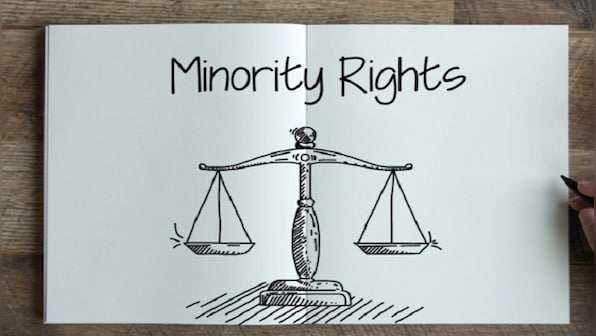In the heart of Pakistan, far from the buzz of political speeches and diplomatic summits, there’s a quieter tragedy unfolding — one that doesn’t always make headlines, one that slips between the cracks of national conscience.
The Human Rights Focus Pakistan (HRFP) has released a searing report covering the first quarter of 2025 — and it’s not just a document. It’s a cry for help.
Names That Deserve More Than a Footnote
Wasif Masih never stole anything. He was just a Christian teenager in Chak Jhumra, Faisalabad — trying to live, perhaps even dream. But in January, those dreams were splattered with black paint as he was dragged, beaten, and humiliated in public over a false accusation. His only crime? Being part of a community that has long been labeled “lesser.”
Then there’s Ariha Gulzar, a 12-year-old from Okara. On January 20, she was abducted, forcibly converted, and married to her abductor. A child, taken from her family — and now, months later, her parents are still knocking on courtroom doors, pleading through tears, while threats loom like shadows.
Behind Every Statistic, a Shattered Family
This isn’t a story of isolated incidents. It’s a pattern. A system. A sickness of the soul that hides behind blasphemy laws and the silence of those in power.
Javed Masih, a 30-year-old shopkeeper from Sahiwal, got into a minor dispute over pricing. A few words were exchanged. Hours later, he was accused of blasphemy — beaten so brutally he had to disappear. His shop is shuttered. His livelihood is gone. His family now lives in fear, constantly moving, looking over their shoulder.
And what of Shahnaz Bibi, 24, abducted on February 20 and forcibly converted? Or Farhan Masih, whose life was upturned on January 26 by a fabricated blasphemy charge that plunged his family into crippling debt and despair?
The report speaks of many others — Mehwish Nazir, accused of theft because she dared to be Christian in a home that saw her as less than human; Samia Boota, a 16-year-old whose mysterious death in Lahore was quickly labeled an accident, even though it bore the marks of something far darker.
A Church Burns, A Graveyard Desecrated
On February 23, a fire tore through the UP Church in Sargodha. Officials dismissed it as a “short circuit.” But for the Christian community who had prayed there for decades, it was like losing a loved one — without so much as a formal goodbye.
In Narowal, land-grabbers bulldozed through a Christian cemetery in February. Centuries of faith, of final resting places, of whispered prayers — erased in moments.
And in Khaliq Nagar, Lahore, people protested on March 20, not for privilege, but because dirty water flooded their streets. Even their dignity seemed negotiable.
The Helpline That Rings Too Often
The HRFP’s REAT Helpline received over 400 calls in just three months — each one a story of fear, of trauma, of someone asking: “Will anyone help us?”
Naveed Walter, HRFP’s president, spoke with a voice heavy with sorrow:
“Religious minorities in Pakistan are easier targets for attacks, murders, blasphemy charges, abductions, forced conversions, and forced marriages. The lack of attention to their suffering and neglect is even more painful.”
When Will the World Listen?
It’s 2025. And yet, some children still lose their childhood to fear. Some fathers still hide behind broken doors. Some mothers still wait — not knowing if the next knock will bring their daughter home or another round of grief.
This isn’t just a report. It’s a mirror. And in that reflection, we don’t see laws or statistics. We see people — bruised, broken, and still hoping.
Pakistan must do better. The world must not look away. Because silence, in the face of such stories, isn’t neutrality. It’s complicity.
